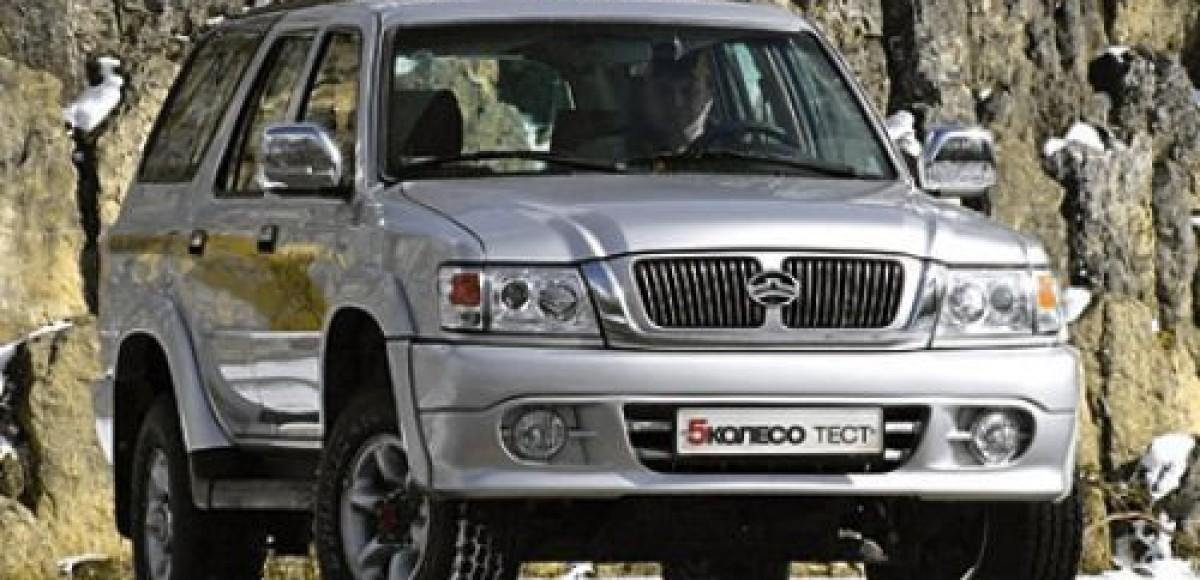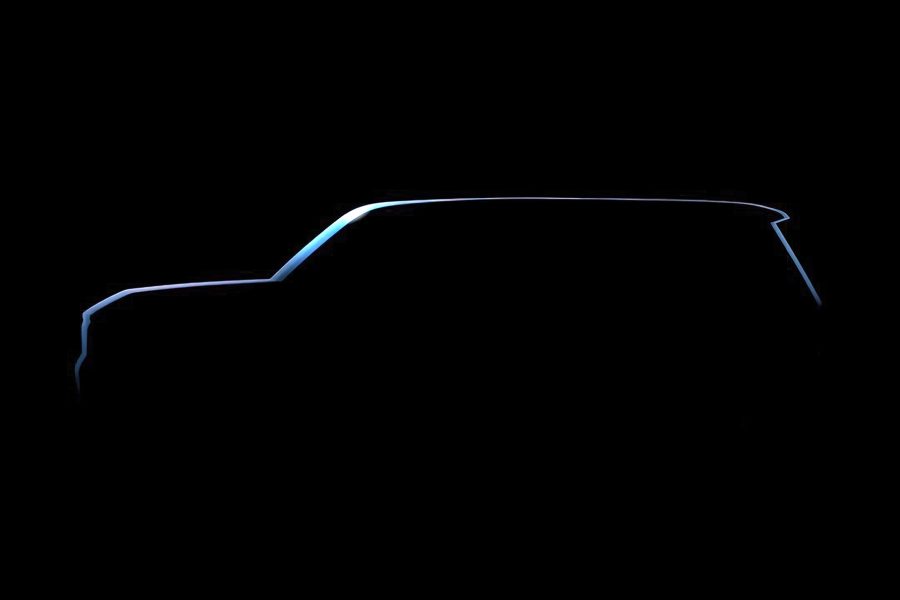
The Great Downfall of Chinese Cars
A total of 1782 vehicles were sold from China in the first five months of this year.
Cars from China were supposed to be the next big thing, but sales dropped.
This may go down in automotive history as the Great Fall of China. Despite a promise to challenge the big brands when they launched five years ago, Chinese car sales have plummeted as the cost of regular cars fell to new lows, edging out cut-price competitors.
Chinese car shipments have been in free fall for over 18 months now, and the situation is so dire that car distributor Great Wall Motors and Chery stopped car imports for at least two months. The Australian distributor says it is "reviewing" prices with Chinese automakers, but dealers say they haven't been able to order cars for six months.
This year alone, sales of all Chinese cars have halved; Great Wall Motors' sales fell 54%, while Chery's shipments fell 40%, according to the Federal Chamber of the Automotive Industry. In total, 1782 vehicles were sold from China in the first five months of this year, compared to 3565 in the same period last year. At its peak in 2012, over 12,100 Chinese vehicles were sold in the local market.
There are currently at least seven Chinese car brands sold in Australia, but Great Wall and Chery are the largest; the rest have yet to release sales data. A spokesman for Ateco, a distributor of China-based Great Wall Motors, Chery and Foton cars, said the sharp drop in sales was due to "a number of factors."
“First and foremost it has to do with currency,” Ateco spokesman Daniel Cotterill said. "The massive devaluation of the Japanese yen in early 2013 meant that well-established Japanese car brands could be priced much more competitively in the Australian market than was the case when the Great Wall opened here in mid-2009."
He said new brands traditionally compete on price, but that price advantage has all but evaporated. “Where ute Great Wall could once have a $XNUMX or $XNUMX price advantage over an established Japanese brand, this is no longer the case in many cases,” Cotterill said. “Currency fluctuations are cyclical and we remain optimistic that our competitive pricing position will return. For now, everything is as usual.”
The decline in sales is due to a leadership reshuffle at Great Wall Motors in China after its new SUV was taken off the market twice due to quality issues.
Bloomberg news agency reported that the reshuffle comes after the company reported declining sales for five of the past six months. The company has also twice delayed the release of its key new model, the Haval H8 SUV.
Last month, Great Wall said it would delay sales of the car until it could make the H8 the "premium standard." In May, Bloomberg reported that Great Wall suspended sales of the H8 after customers reported hearing a "knock" in the transmission system.
The Haval H8 was to be a turning point for Great Wall Motors and promised to meet European crash safety standards. The slightly smaller Haval H6 SUV was due to be sold in Australia this year, but the distributor says it has been delayed due to currency negotiations rather than security concerns.
The reputation of Great Wall Motors and Chery vehicles in Australia suffered in late 2012 when 21,000 Great Wall vehicles and SUVs, as well as 2250 Chery passenger cars, were recalled due to parts containing asbestos. Since then, sales of both brands have been in free fall.
